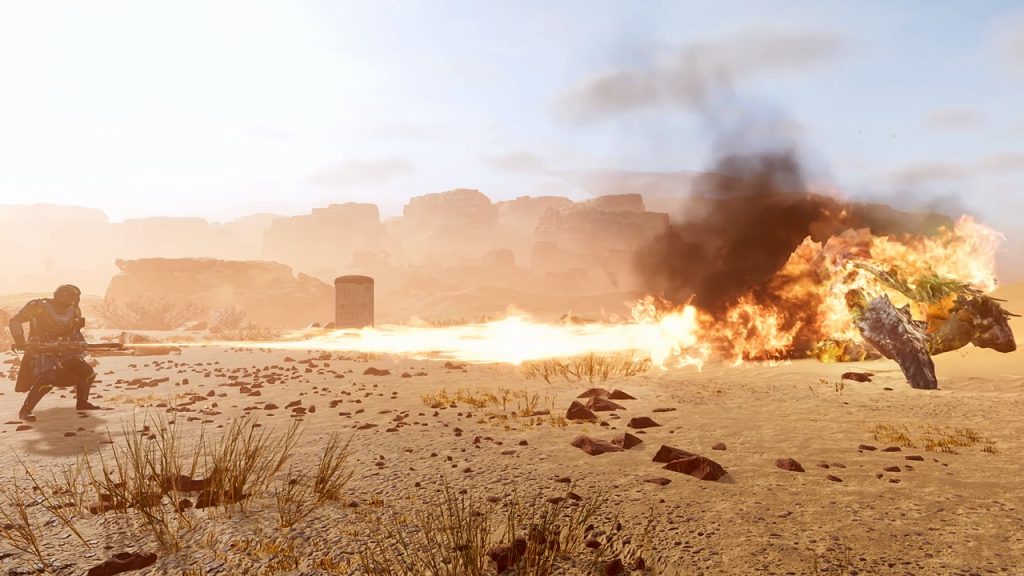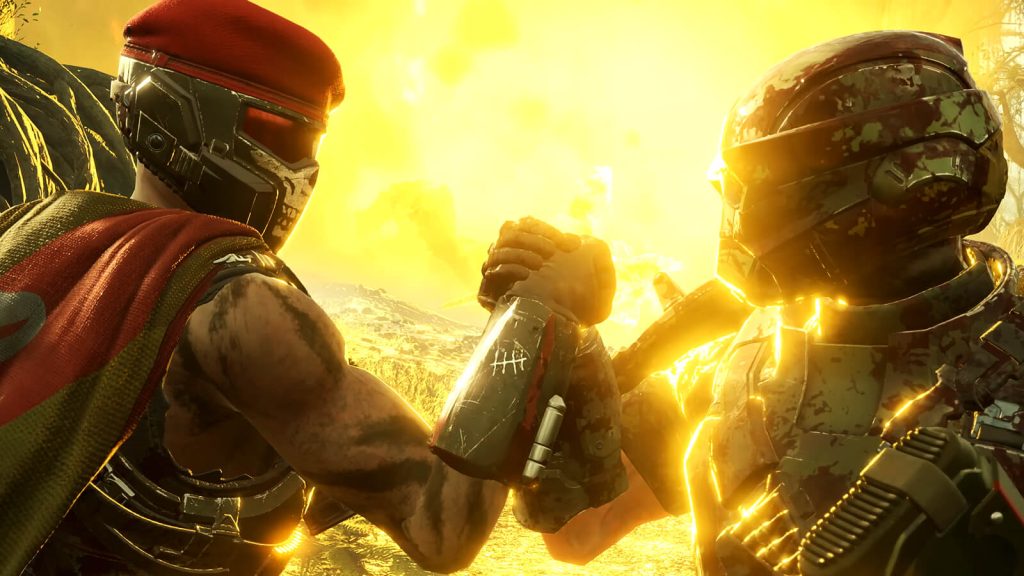Arrowhead’s Microtransaction Policy Was Key to Maintaining Long Term Development for Helldivers 2
Nearly a year after its release, Helldivers 2 continues to stand as a shining example of how to handle live service monetization. While many games have stumbled with aggressive microtransactions and FOMO-driven tactics, Arrowhead Game Studios took a refreshingly different approach that prioritized player experience over quick profits.

The studio’s commitment to “ethical monetization” wasn’t just marketing speak—it was a fundamental philosophy that shaped how they approached the game’s long-term development and player engagement. In an industry increasingly criticized for predatory practices, Arrowhead’s strategy proved that there’s still room for consumer-friendly monetization.
This player-first approach has not only earned them goodwill from the community but has also helped ensure Helldivers 2’s continued success and growth throughout 2024, setting a new standard for how live service games can maintain profitability without compromising player trust.
A refreshing take on “premium” content
In an interview with CGMagazine at launch, former Arrowhead Game Studios CEO Johan Pilestedt (now CCO) explained the studio’s stance on monetization:
We’re really big on ethical monetization. We won’t force you to buy or force advertisements. I want players to feel if they really like this game, they’ll feel okay with choosing to spend extra if they want to.
This philosophy is evident in how Helldivers 2 handles its premium currency, Super Credits. Unlike many games that gate content behind paywalls or create artificial scarcity, players can earn Super Credits through regular gameplay, finding them in missions or earning them through Warbonds progression.
Speaking of which, the Warbonds system itself is yet another example of Arrowhead’s player-friendly approach. Unlike traditional battle passes that expire and prey on FOMO, Warbonds are permanent additions to the game—similar to the widely praised approach recently adopted by NetEase Games with Marvel Rivals.
Players can acquire and progress through them at their own pace, never losing access to content they’ve paid for:
War Bonds are similar in a sense to season passes. But we want them to be permanent, or they are permanent in the game. So, if you start playing the game again in two years, you can pick up any of the available bonds and progress through any of them at your leisure.
This approach has created a virtuous cycle where players feel respected rather than exploited, making them more likely to support the game’s ongoing development voluntarily—rather than reluctantly.
Building trust through transparency

The success of Helldivers 2’s monetization strategy goes beyond just the mechanics—it’s about the relationship Arrowhead has built with its community.
The studio has maintained consistent communication about its development plans and monetization decisions, ensuring players always know what they’re getting for their money.
So, in Helldivers 2, we use virtual currency as the means of additional monetization for the game. And really, the way that I envision this is we continuously develop it, release free updates for the entire community, and we’re never going to put anything that you need behind a paywall.
This transparency extends to how they handle new content releases. While premium Warbonds offer new weapons and cosmetics, Arrowhead ensures that core gameplay content—including new missions, enemies, and objectives—remains free for all players:
All of the challenge content and base content on new missions, enemies, objectives, and so forth, those are the things that we want to ensure that we GIVE to the community, while cosmetics, variations of weapons, and potentially stratagems are things that you’ll unlock through the war bonds [seasonal rewards].
This approach has, to great success, kept the community unified while still providing optional ways for enthusiastic players to support the game’s development.
The results speak for themselves. Barring a few Sony-related mishaps (classic!), Helldivers 2 has maintained a healthy, engaged player base without resorting to manipulative tactics or aggressive monetization schemes. It’s proof that treating players with respect while still maintaining a profitable business model isn’t just possible—it’s preferable.
What do you think about Arrowhead’s approach to monetization in Helldivers 2? Has their ethical stance influenced your decision to support the game? Share your thoughts in the comments below!
#Arrowheads #Microtransaction #Policy #Key #Maintaining #Long #Term #Development #Helldivers
